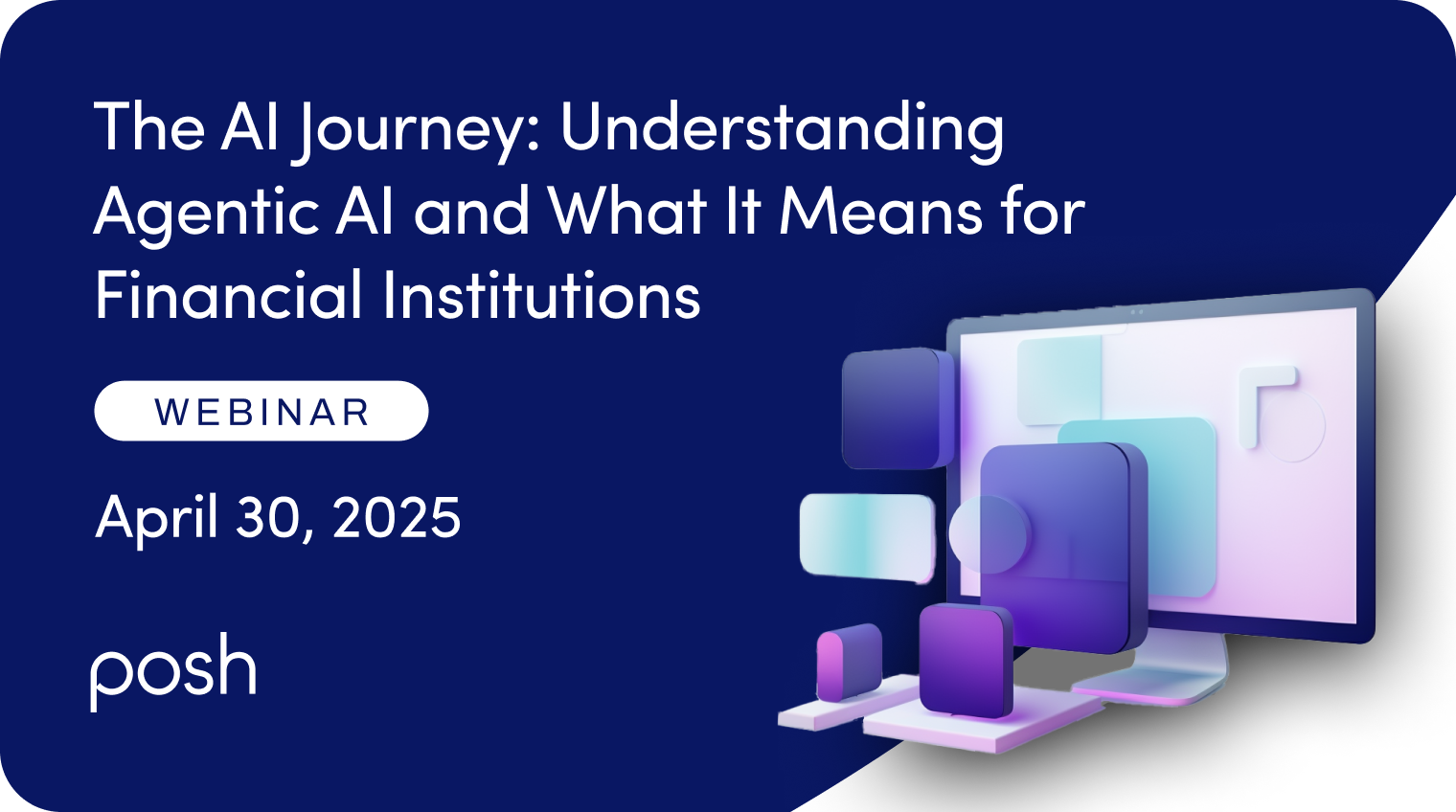In 1958, Frank Rosenblatt invented the first ever artificial neural network. Called the Perceptron, the machine learned by looking at examples and could accurately tell if an image did or did not contain a certain variable, like a cat. In fact, the New Yorker said, “It strikes us as the first serious rival to the human brian ever devised.”
Fast forward 65 years, and society is in a new era of AI. In many ways, the explosion of AI over the last year feels similar to the dot com explosion of the ‘90s. By the turn of the century, a lot of internet companies were coming out of the woodwork—and many of them failed (anyone remember AOL?). But a few went on to become the most successful companies of all time (hey, Google). And the internet has brought society true, real value. AI has the potential to follow a very similar pattern. In order to see what may be yet to come, it’s important to look back and see how AI has evolved thus far.
A (very brief) summary of AI’s history
In many ways, the genesis of AI began in science fiction films and books in the form of sentient, intelligent robots, such as Maria in Metropolis. Likely inspired by these ideas, many scientists, mathematicians, and philosophers began exploring the possibility of artificial intelligence or a machine as smart (or smarter than) a human. Most of us have heard of the Turing Test, or Alan Turing’s method to understand whether a machine is smart enough to imitate a human. It wasn’t creativity or ingenuity that held scientists back from developing AI, but the limitations of computing power.
Over the next several decades, engineers began leveraging technology that could use information to solve problems and make decisions—characteristics in artificial intelligence. But engineers packaged solutions differently than using the term AI: machine learning, knowledge-based systems, and pattern recognition to name a few. The world began to see not only technological advancements within different industries like healthcare, engineering, and military, but also in entertainment such as watching computers beat chess champions and win Jeopardy!.
The growth of AI assistants
AI has followed the trajectory that many other major technology shifts have taken. In fact, we see a major parallel between AI assistants and the growth of mobile applications. In 2002, Blackberry launched their smart apps, kicking off the modern era of smartphone technology. But the big technology shift didn’t happen until the iPhone’s release in 2007. In the same year, Bank of America launched their first mobile banking app. The consumer product launch of the iPhone and creation of mobile apps triggered a big change in consumers and how they expect businesses to operate.
Similarly, AI assistants began with an initial launch of a chatbot in 2014 when Amazon launched Alexa. Alexa’s success triggered the first wave of true interest in chatbots. Once again, Bank of America contributed to the technology wave through the launch of Erica, one of the biggest launches of consumer-facing AI in the world. And of course AI’s watershed moment: OpenAI launched ChatGPT in November 2022. Since then, it feels like most companies are sprinting to implement AI solutions because more and more consumers are expecting the personalized digital experience that AI solutions promise.
It’s only a matter of time before most, if not all, companies will have an AI assistant just like they have a mobile app. The same way that having a mobile app became table stakes for consumers, having AI assistants and AI-based tools will be table stakes as well for many different industries.
Looking ahead to 2024
Technology replaces an old skill, workflow, process and creates space for a new one. Just like both the internet and smartphone technology revolutionized consumer behavior and the way businesses operate, AI is poised to revolutionize the world. The companies that embrace AI to automate workflows, improve experiences, and empower employees will be the most successful in 2024 and beyond. Coming soon.. our Top 10 Banking AI Trends to Watch in 2024 blog to get ready.


Blogs recommended for you
.png)
December 22, 2023
5 Biggest AI Trends for Banking in 2024
Read More
5 Biggest AI Trends for Banking in 2024

October 31, 2023
Generative Al and Large Language Models: Applications Shaping the Banking Industry
Read More
Generative Al and Large Language Models: Applications Shaping the Banking Industry


Event -
A Lookback on AI Through the Years
Are you attending and interested in learning more?
Register today
Visit event page to learn moreEmail info@posh.ai for the recording!

December 13, 2023

4:36 pm

Virtual event



Event Details
Speakers
No items found.









